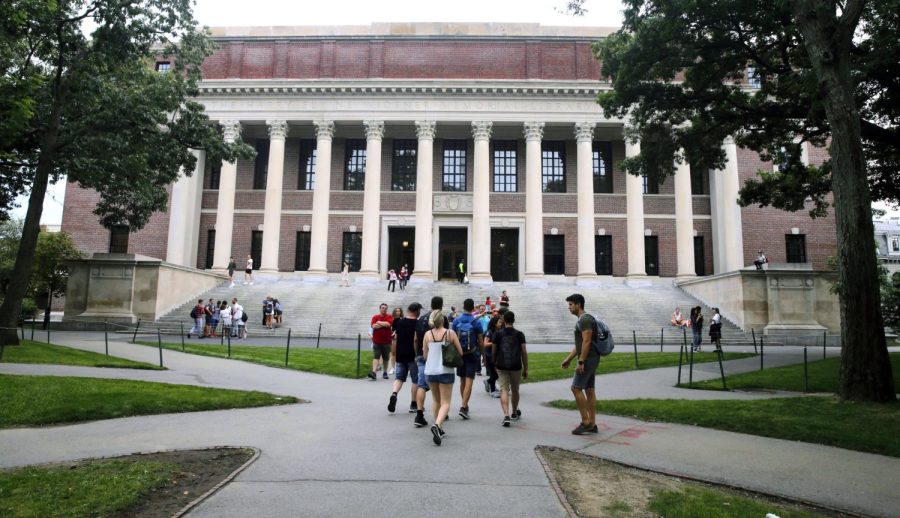Student loan forgiveness announcement expected
Editor’s Note: Since the publication of this story, President Joe Biden announced his new student debt forgiveness plan. See the details and check to see if you qualify for the program here.
(NewsNation) — President Joe Biden is expected to announce a plan Wednesday that will forgive at least $10,000 in student loan debt for people who make less than $125,000 annually, according to The Hill.
An additional student loan payment pause is expected to be announced as well, extending the current payment freeze, which ends at the end of August, for another four months.
The move by the Biden administration will be the largest forgiveness for individual student debt ever.
Student loan debt impacts 40 million Americans, whose debt combined is a whopping $1.7 trillion.
Wednesday’s anticipated announcement could also serve to energize younger voters ahead of November’s crucial midterm elections, which will determine control of the House and Senate.
Democrats have spent a majority of the summer trying to garner political wins with their base wherever they can, as high inflation and gas prices have taken a harsh toll on Biden’s approval rating, which was just 38% in the latest Gallup poll.

However, not all Americans — Republicans in particular — appear to be on board with a student loan forgiveness plan. A CNBC poll showed 59% of voters worry student loan forgiveness could make inflation worse.
Republican lawmakers oppose the plan, likening it to a “giveaway,” while adding it will do nothing to address what they term the real problem: high college costs.
“It will make rising costs worse, rather than address the costs of colleges,” said Rep. Kevin Brady, R-Texas.
The cost of a college education has skyrocketed since 1980, jumping an alarming 180% over that time period, according to Forbes.
“The knowledge that the government can forgive debt with the stroke of a pen will lead many borrowers to take on more debt in the future, not less, and will create the expectation that debt will not have to be repaid in the future,” Rep. Tim Rice, R-S.C., said.









